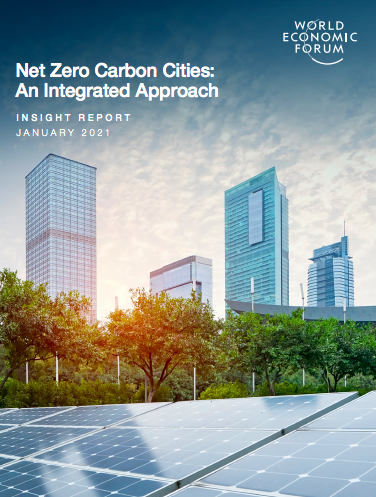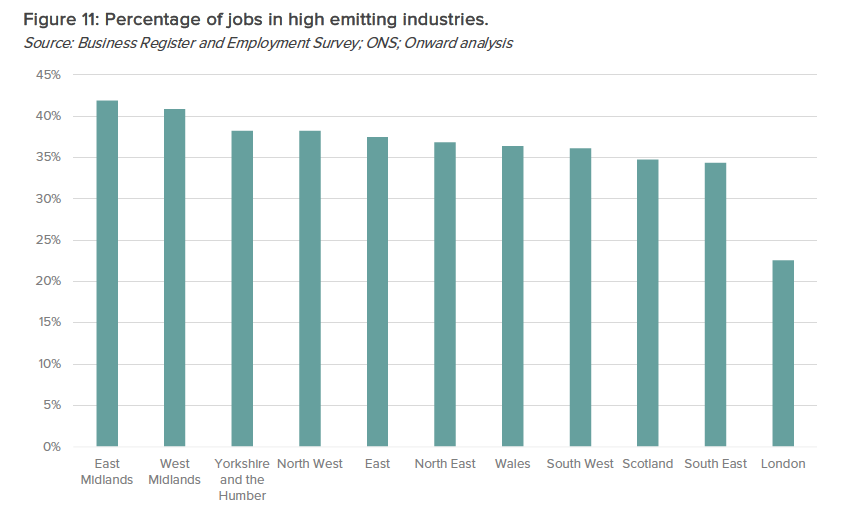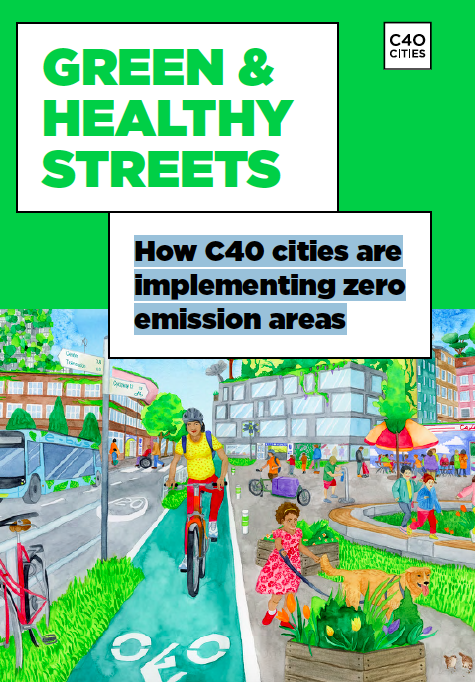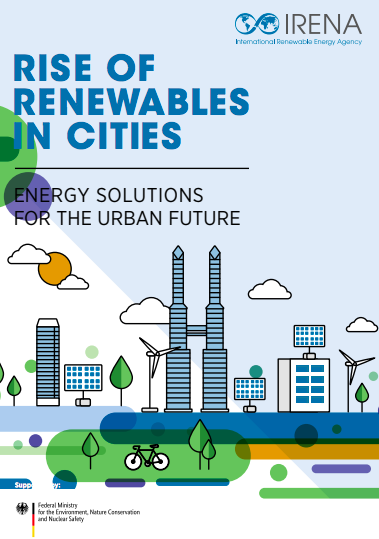Site search:
-
What’s new?
Energy for London Tags
Brent Buildings Camden Carbon Emissions CHP Cities Climate Adaptation Community Heating Community Initiatives Croydon Data DECC Decentralised Energy Distribution ECO Energy Costs Energy Efficiency Enfield FIT Fuel Poverty Funding Green Deal Hackney Haringey Housing Islington Lambeth Library Local Authorities Mayor Newham Ofgem Olympics Photovoltaics Planning RE:FIT RE:NEW Renewable Energy Retrofit Southwark Tower Hamlets Transport Waltham Forest Waste WestminsterEnergy Archives:
- February 2021 (1)
- January 2021 (15)
- December 2020 (15)
- November 2020 (9)
- October 2020 (3)
- August 2020 (5)
- July 2020 (3)
- June 2020 (4)
- April 2020 (10)
- March 2020 (5)
- February 2020 (2)
- January 2020 (3)
- October 2019 (1)
- September 2019 (4)
- August 2019 (2)
- July 2019 (1)
- August 2018 (1)
- November 2016 (8)
- October 2016 (8)
- September 2016 (2)
- August 2016 (8)
- July 2016 (14)
- April 2016 (12)
- March 2016 (16)
- February 2016 (8)
- January 2016 (4)
- December 2015 (1)
- November 2015 (1)
- October 2015 (16)
- September 2015 (3)
- June 2015 (1)
- May 2015 (1)
- April 2015 (1)
- March 2015 (1)
- February 2015 (1)
- January 2015 (1)
- December 2014 (18)
- November 2014 (4)
- August 2014 (8)
- July 2014 (7)
- June 2014 (25)
- May 2014 (8)
- April 2014 (4)
- March 2014 (12)
- February 2014 (7)
- January 2014 (13)
- December 2013 (11)
- November 2013 (15)
- October 2013 (15)
- September 2013 (18)
- August 2013 (5)
- July 2013 (20)
- June 2013 (33)
- May 2013 (8)
- April 2013 (16)
- March 2013 (25)
- February 2013 (14)
- January 2013 (20)
- December 2012 (23)
- November 2012 (23)
- October 2012 (25)
- September 2012 (14)
- July 2012 (12)
- June 2012 (43)
- May 2012 (20)
- April 2012 (8)
- March 2012 (40)
- February 2012 (39)
- January 2012 (40)
- December 2011 (22)
- November 2011 (40)
- October 2011 (33)
- September 2011 (48)
- August 2011 (40)
- July 2011 (58)
- June 2011 (41)
- May 2011 (80)
- April 2011 (38)
- March 2011 (33)
- February 2011 (25)
- January 2011 (24)
- December 2010 (3)
- November 2010 (7)
- October 2010 (6)
- September 2010 (7)
- August 2010 (1)
- July 2010 (2)
- June 2010 (4)
- May 2010 (1)
- March 2010 (3)
- February 2010 (3)
- December 2009 (5)
- November 2009 (2)
- October 2009 (3)
- July 2009 (3)
- June 2009 (1)
- April 2009 (1)
- March 2009 (1)
- February 2009 (1)
- January 2009 (1)
- December 2008 (2)
- October 2008 (1)
- September 2008 (1)
- July 2008 (1)
- March 2008 (2)
- January 2008 (2)
- October 2007 (1)
- September 2007 (3)
- July 2007 (1)
- March 2007 (1)
- February 2007 (3)
- November 2006 (3)
- August 2006 (1)
- February 2006 (1)
- May 2005 (1)
- February 2004 (1)
Library
Under-reporting of greenhouse gas emissions in US cities
2 February 2021: Paper published in Nature Communications which reports that “Cities dominate greenhouse gas emissions. Many have generated self-reported emission inventories, but their value to emissions mitigation depends on their accuracy, which remains untested. Here, we compare self-reported inventories from 48 US cities to independent estimates from the Vulcan carbon dioxide emissions data product, which is consistent with atmospheric measurements. We found that cities under-report their own greenhouse gas emissions, on average, by 18.3% (range: −145.5% to +63.5%) – a difference which if extrapolated to all U.S. cities, exceeds California’s total emissions by 23.5%.” Access the full paper here. The research has attracted a lot of reporting – Reuters, Bloomberg, Science Daily, New York Times, and Wired.
Over the past decade, focus has (rightly) grown on cities and their contribution to national greenhouse gas emissions and – more importantly – the opportunities that cities have to reduce these emissions. Alongside this there has been increasing work undertaken on measuring urban emissions – most notably by C40 Cities. This new research is a further contribution to this subject and highlights the challenge policy makers and others have in measuring emissions at the local level in the complex environment of a city.
Posted in Library
Tagged Carbon Emissions, Cities
Comments Off on Under-reporting of greenhouse gas emissions in US cities
Net Zero Carbon Cities

19 January 2021: A new paper published through the World Economic Forum (WEF) ‘Shaping the Energy Future‘ programme looking at ‘Net Zero Carbon Cities: An Integrated Approach‘. The paper sets out that – as cities move to increasing levels of electrification of heat and transport systems, as well as generating more power locally through decentralised energy systems, an integrated approach across these actions is needed – which needs to involve:
- Implementation of systemic efficiency opportunities: In the decade ahead, stakeholders cities should focus on increasing renewable energy and electrification of final energy use, while using digitalization to integrate systems – for example, by optimizing energy demand for greater flexibility, accelerating the transition to e-mobility and decarbonizing heating and cooling. They should also focus on reducing land use and transport consumption through smart growth practices aiming at creating a compact urban form.
- Collaboration throughout the city value chain: Public-private cooperation among various sectors – infrastructure, real estate owners and developers, mobility, equipment and technology providers, and utilities – will create a more integrated, optimized system. City- and national-level policy and financing mechanisms should support these opportunities.
Direct link to the paper here.
Getting to Zero – regional impacts
6 January 2021: All too often the regional impacts of climate and energy policies are ignored. As we bring in further actions to decarbonise our economy it’s increasingly clear that some parts of the country will benefit or be adversely impacted than other parts – and it’s something that needs to be better understood if we are to ensure that the transition we undertake to a cleaner energy system is a fair transition, taking into account those jobs and industries that will likely need to close.

A new report by centre-right thinktank Onwards, Getting to Zero, touches upon this issue highlighting that: “if we look collectively at all the industries responsible for more than 2% of annual greenhouse gas emissions in the UK, we see that these industries are concentrated more in some parts of the UK than others. On a regional level, East Midlands, West Midlands and Yorkshire and the Humber, have the highest proportion of jobs in high emitting industries: 42%, 41% and 38% respectively. As Figure 11 shows, the industrial and manufacturing heartlands in the Midlands and North are far more likely to experience economic disruption during the net zero transition than the South East and London. This may be positive – in the form of new green jobs, or it may be negative through job losses – but the fact remains some places will be affected more than others.“
The report undertakes further mapping by Parliamentary constituency and sets out that “urban areas have the lowest reliance on high emitting jobs and transport. Notable examples are Islington and Hackney, both of which are areas in the bottom ten for both high emitting employment and transport emissions. This is likely due to the high reliance on the service economy over a production economy and superior public transport links in dense urban areas like London.” This is a first in a series of papers planned by Onward – and worth a quick look at.
Green and Healthy Streets

December 2020: London is included as a case study in this new report by C40 Cities and TUMI (Transformative Urban Mobility Initiative) ‘Green and Healthy Streets: How C40 cities are implementing zero emission areas” which sets out approaches being taken by some leading cities to implement a zero emission area (ZEA). The London case covers the operation and future plans of the Ultra Low Emission Zone (ULEZ) – from 25 October 2021, the existing central ULEZ will expand to create a single larger zone bounded by the North Circular Road (A406) and South Circular Road (A205).
The report sets out that achieving a Zero Emissions Area Achieving requires
a package of mobility measures delivered in a coordinated and ambitious way within a deadline of 2030. Cities are implementing policies and incentives which promote the following outcomes:
- Significantly more trips by walking and cycling
- Public transport priority and connectivity
- Less vehicles overall in the area
- Increasing the take up of zero emission vehicles and phasing out fossil fuel vehicles
Climate-related incidents affecting eight in ten councils
11 December 2020: The Local Government Association (LGA) latest research on the effects of climate change on local authorities shows that eight in ten councils have suffered climate-related incidents in the last five years. The findings emerge from a survey (conducted to October 2020) of Directors of Environment or equivalent of all councils in England which is available here.
Nine London boroughs responded to the survey. The results are aggregated, so no specific London-results are set out. The survey had roughly a 30 per cent response rate, with a majority of councils who had declared a climate emergency responding. Key findings include:
- Around 72 per cent of local authorities surveyed were measuring their own scope 1 and 2 emissions, and 36 per cent were measuring their own scope 3 emissions.
- Over 80 per cent of responding councils indicated that there was an executive council member of their authority whose portfolio specifies a lead role on climate change
- The areas of expertise and skills most frequently identified as in need of further development were green economic planning (95 per cent) and low carbon procurement and low carbon budgeting (92 per cent).
- The most frequently identified barrier to tackling climate change was funding (96 per cent), followed by legislation or regulation (93 per cent) and lack of workforce capacity (88 per cent).
Much more detail set out the survey results.
Posted in Library, News
Tagged Local Authorities, London Councils
Comments Off on Climate-related incidents affecting eight in ten councils
Rise of Renewable Energy in Cities

October 2020: Report from the International Renewable Energy Agency (IRENA) highlights resource potential, targets, technology options and system-planning priorities for cities around the world. City-level targets – properly attuned to local resources and needs – are an essential component of the transition to renewables.
Helpful overview on range of energy solutions most appropriate for urban areas and highlights the increasing number of cities around the world who have set targets to increase the amount of renewable energy they are using. Chapter 4 a useful run through various modelling tools, the report stating a “comprehensive study was undertaken to evaluate these models and tools, identify prevailing gaps and challenges in the field, and propose recommendations to improve the tools/ methods and their uptake by urban energy planners.” Download the report here.
Posted in Library, News
Tagged Cities, Renewable Energy
Comments Off on Rise of Renewable Energy in Cities
Daring Cities
7 October 2020: “ICLEI – Local Governments for Sustainability (known as “ICLEI”) launches Daring Cities 2020 – the world’s first and largest global online gathering on climate change for urban leaders. Daring Cities 2020 runs from 7-28 October 2020, offering an online array of high level and visionary speaking sessions, a series of informative workshops and personal networking opportunities. The event will help to set the course to COP26 (the 2021 United Nations Climate Change Conference), Daring Cities 2021 and beyond.”
Full details on following press release and report. Proceedings of the events that took place under the Daring Cities programme can be accessed here.
LGA launches report to help councils tackle climate change
21 August 2020: “The LGA, which represents councils in England and Wales, has worked closely with the Centre for Public Scrutiny and has published a guide to help councils play a leading role in tackling the climate crisis at a local level. The resource, which sets out 10 scrutiny questions, will help all councils and policymakers to embed the necessary environmental, social and cultural changes that communities need to see to build resilience to respond to climate challenges such as investment strategies and transport plans.”
The guide can be downloaded here and is a useful read setting out comprehensive suggestions on routes to develop a robust climate emergency plan including how future scrutiny of plans can be undertaken; including the local community and how to best engage the public in the plan; planning the involvement of local businesses, partners and employers to understand the local growth context. The 10 questions framing the report are as follows:
Continue reading…
Posted in Library, News
Tagged climate emergency, Local Authorities, London Councils
Comments Off on LGA launches report to help councils tackle climate change
LGA and UKSSD launch Sustainable Development Guide for councils
17 July 2020: Local Government Association (LGA) news release announcing that the LGA and UK Stakeholders for Sustainable Development have today launched a guide to “help councils engage with the United Nations Sustainable Development Goals (SDGs) at a time when many are starting to re-think the role of local government in leading places and empowering people.” Read the full story and access the guide here.
Posted in Library, News
Tagged Local Authorities, London Councils
Comments Off on LGA and UKSSD launch Sustainable Development Guide for councils
Nearly half of UK’s carbon footprint down to emissions from abroad
16 April 2020: Further research around the issue of greenhouse emissions associated with goods and services we use – something the GLA has recently looked into. A WWF study report’s that nearly half of the UK’s carbon footprint comes from emissions released overseas to satisfy UK-based consumption. Carbon Footprint: Exploring the UK’s contribution to climate change, highlights the importance of addressing carbon intensive imports such as animal feed and fossil fuels, which fuel our cars and heat our homes Download there study here.
Posted in Library
Tagged Carbon Emissions
Comments Off on Nearly half of UK’s carbon footprint down to emissions from abroad
Exploring acceptance of decentralised energy storage at household and neighbourhood scales: A UK survey
April 2020: Paper published in Energy Policy Volume 138, March 2020. Highlights of this study are that:
- Level of awareness of community and in-home energy storage is very low.
- Attitudes towards and acceptance of energy storage are significantly related to affect.
- Financial cost is viewed as a major barrier to household adoption of batteries.
- Public authorities are perceived as key trusted actors for delivering energy storage.
- Community Energy Storage (CES) is better accepted if benefits accrue to the same community.
Open access paper available here.
Transnational municipal networks and climate change adaptation
April 2020: Paper published in the Journal of Cleaner Production
Volume 257, 1 June 2020. “Cities have increasingly recognised the risks posed by climate change and the need to adapt. To support climate action, cities have formed cooperative networks such as the C40 Cities Climate Leadership Group, the Global Covenant of Mayors and the International Council for Local Environmental Initiatives. However, a lack of scientific evidence exists when it comes to the actual impact of network participation, especially in the context of adaptation. This study is the first to test statistically the association between network membership and progress in adaptation planning in 377 cities globally. The results show that network members are more likely to have started the adaptation process than other cities, and that being a member of multiple networks is associated with higher levels of adaptation planning. Moreover, cities in wealthier countries are more likely to be more advanced in adaptation planning than others. We consider the possible explanations for these results based on the previous literature and information gathered from the networks. The main implications of our study are that network organisations should consider how to encourage the adaptation process among their members and the increased involvement of cities from lower-income countries.” Open access paper available here.

